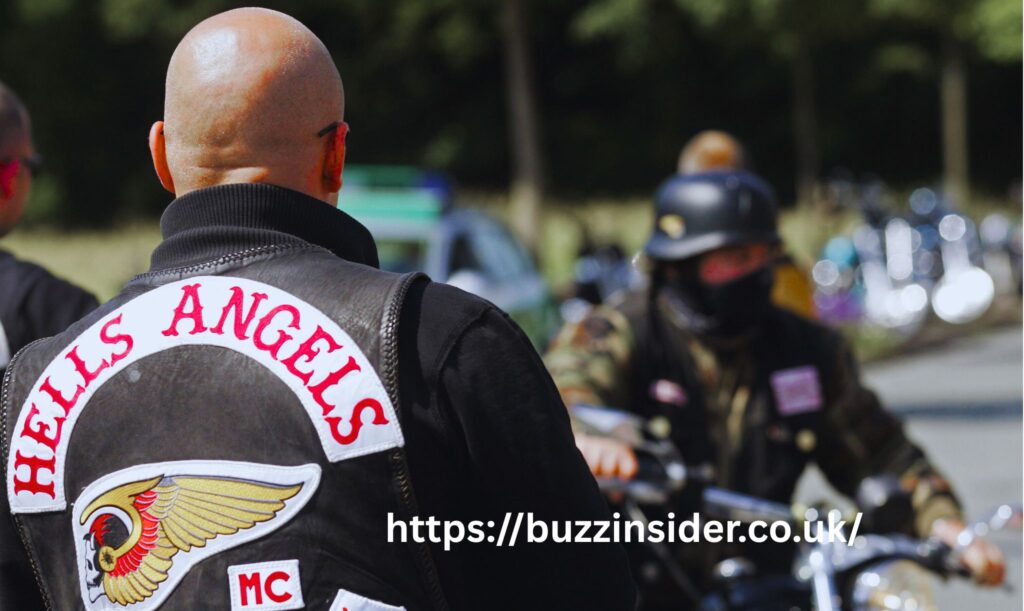The Hells Angels Motorcycle Club (HAMC) is a name that resonates with intrigue and controversy across the globe. Founded in 1948 in Fontana, California, this motorcycle club has grown to embody a lifestyle and culture that is both idolized and vilified. The group’s long history, adorned with tales of brotherhood, rebellion, and conflicts with the law, provides a fascinating glimpse into one of the most notorious outlaw motorcycle clubs in the world.
The Origins and Evolution of the Hells Angels
The inception of the Hells Angels is often romanticized as a story of freewheeling rebels, coming together after the disarray of World War II. Veterans who found solace and freedom on the backs of motorcycles formed the club, seeking camaraderie and an escape from societal norms. Over the decades, the Hells Angels expanded their influence and chapters, known as “charters,” across the United States and later worldwide, establishing a structured network that boasts hundreds of chapters in dozens of countries.
The Culture and Ideals
At the heart of the Hells Angels is a deep-seated ethos of loyalty and respect among members. The club’s insignia, the “Death Head,” symbolizes their unyielding ethos and commitment to the brotherhood. To become a full-patched member, candidates undergo a lengthy process that tests their loyalty, character, and dedication to the club’s values. The culture of the Hells Angels is steeped in rituals and traditions that reinforce their bonds and distinct identity, which includes their famous motto, “When we do right, nobody remembers. When we do wrong, nobody forgets.”
The Biker Lifestyle
The lifestyle of a Hells Angel is characterized by a passion for motorcycles, primarily Harley-Davidsons, which represent the American spirit of freedom and rebellion. Members often partake in group rides, charity events, and motorcycle rallies, showcasing their solidarity and presence. These gatherings are not just about showing off their bikes but are vital for fostering community relations and demonstrating their commitment to the biker culture.
Legal Entanglements and Public Perception
The Hells Angels have frequently found themselves in the crosshairs of law enforcement agencies worldwide. Accusations range from involvement in organized crime, such as drug trafficking and violent crimes, to more benign law-breaking. These incidents have shaped the public’s perception of the club, often overshadowing their charitable endeavors like toy drives and fundraising for various causes. The club maintains that it is a group of motorcycle enthusiasts and that individuals are solely responsible for their actions, not the club as a whole.
Charitable Works and Community Engagement
Despite their tough exterior, the Hells Angels have been involved in numerous charitable activities. They organize events that raise money for children’s hospitals, disaster relief efforts, and veterans’ support. These activities highlight a lesser-seen aspect of the club, showcasing their efforts to give back to the community and support various philanthropic causes.
Media and the Hells Angels
The media portrayal of the Hells Angels has been pivotal in shaping public opinion. Films, books, and documentaries often depict the club with a mixture of awe and fear, emphasizing their outlaw image. While some members of the club have sought to correct misconceptions by participating in interviews and media appearances, the allure of the Hells Angels’ mysterious and rebellious nature continues to captivate audiences worldwide.
The Global Spread
Today, the Hells Angels Motorcycle Club is an international phenomenon, with a presence in over fifty countries. The expansion into various cultures and societies has diversified the club’s demographic, but the core ethos remains unchanged. This global footprint has not only amplified their influence but also brought under scrutiny the varied legal systems and societal norms they operate within.
Conclusion
The Hells Angels Motorcycle Club remains an emblematic part of modern counterculture. Their story is a complex tapestry of freedom, brotherhood, conflict, and controversy. Whether viewed as a menace to public order or champions of an unrestricted lifestyle, the Hells Angels continue to fascinate and challenge societal norms. As they ride on, their legacy and impact on motorcycle culture and the broader societal canvas are undeniable, marking them as one of the most intriguing and resilient groups in the history of subcultures.



